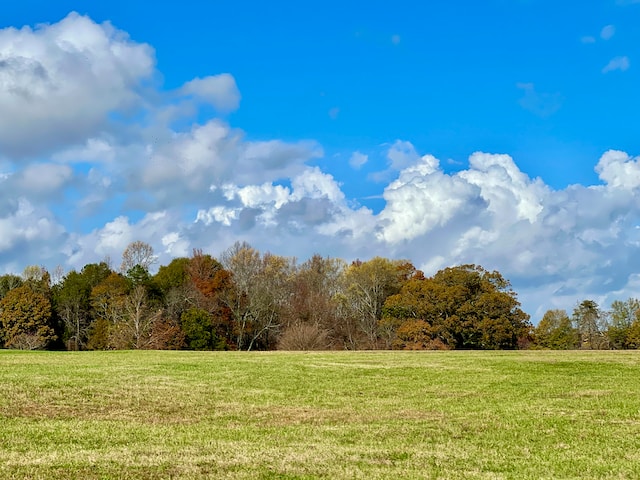With a population of around 5.19 million, the state of South Carolina and its prized jewel, Myrtle Beach, is in the midst of a delicate balancing act between tourism growth and agricultural production. The greater Myrtle Beach metropolitan area has almost 500,000 people, making it the second fastest-growing metro area in the country. Real estate giants are buying up land to capitalize on this rapid expansion. While development continues at an unprecedented rate all across the Grand Strand region, there is growing concern for shrinking agricultural land throughout both South Carolina and Myrtle Beach City itself.
Artisan Carolina Forest Joins Harbor Group International’s Portfolio
The Harbor Group International, a privately owned global real estate investment and management firm, announced the successful acquisition of Artisan Carolina Forest in Myrtle Beach, South Carolina, at a price of $64.4 million. PRN newswire states that it is one of the leading multifamily communities in this popular seaside resort region. Located close to Highway 31 and offers easy access to golf courses, miles of beaches, restaurants and more. The community also offers a great setup, including luxury apartments with interior features and high-end amenities like co-working spaces and fitness facilities, including yoga centers and lounges open all year round.
The Role of the Working Agricultural Lands Preservation Act in SC
South Carolina’s farmlands are disappearing fast, and it’s something to be worried about! The American Farmland Trust has found that we were losing about 2,000 acres of farming land each day from 2001 to 2016. Just imagine that! And in South Carolina, we lost a whopping 281,000 acres. That’s 5% of SC’s total farmlands, guys. If we keep going at this rate, projections say we might lose another 7.5% of our farmlands by 2040. With so much land potentially turning into low or high-density development areas, South Carolina ranks tenth in the nation for this kind of change.
But don’t lose hope just yet. The Working Agricultural Lands Preservation Act might be our saving grace. This act is all about safeguarding our farmlands by using voluntary conservation easements. The Post and Paper explains that this essentially gives farmers more control over what happens to their land. And the best part? Incentives! The act offers tax breaks, reimbursements, and other financial benefits to encourage farmers to keep using their land for farming instead of selling it off for development. But who’s the real ‘modest luminary’ in all of this? Believe it or not – it’s mulcher teeth. How come–you might be asking–well, they are essential when it comes to keeping our farmlands healthy. They help clear forests, manage land as well as encourage sustainable farming. All of this increases the land’s productivity and decreases soil erosion. Mulcher teeth also help get rid of invasive species–supporting local biodiversity and healthy ecosystems.
So, with the right laws, careful land management strategies, and tools like mulcher teeth, we can keep South Carolina’s farming heritage alive. This means better land values, improved ecological systems, and more availability of locally grown food. We can preserve our rural lifestyle and keep it going for future generations.


